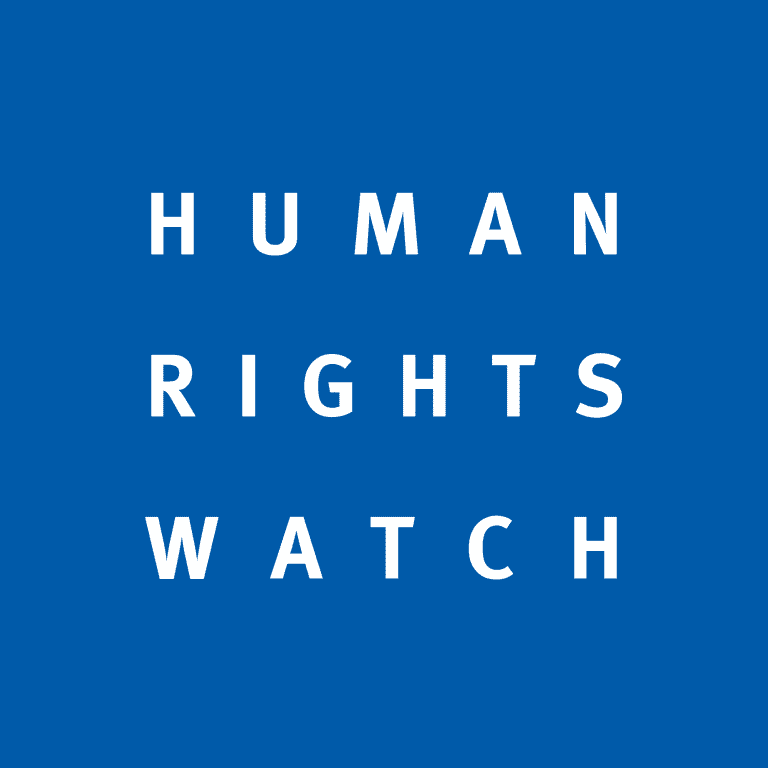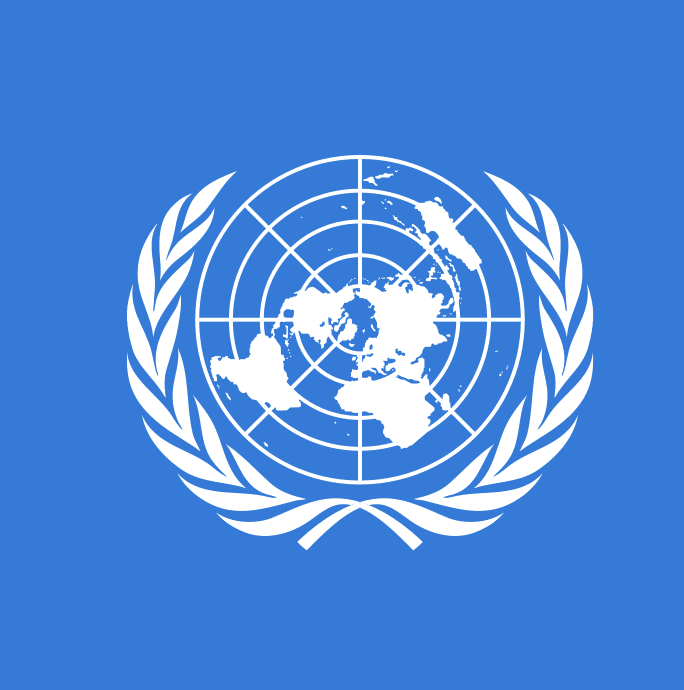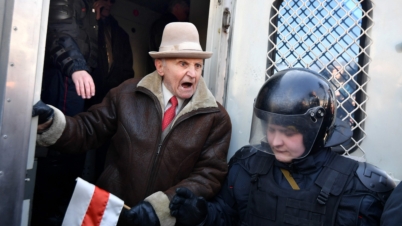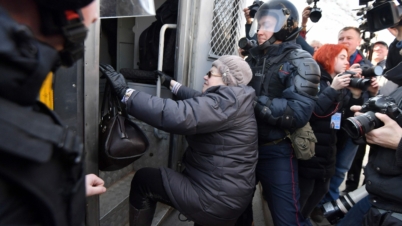In 2011 the EU introduced an embargo on the export, supply, sale or financing of arms and equipment that may be used for internal repression to Belarus, after violations of international electoral standards and international human rights law, as well as the crackdown on civil society and democratic opposition. The embargo has been renewed several times, last in February 2018.
The embargoed equipment that could be used for internal repression includes vehicles specially designed for the transport or transfer of prisoners and/or detainees, night vision, thermal imaging equipment and image intensifier tubes, and razor barbed wire.
The Council Decision from 2012, which was renewed in February this year, states:
“1. The sale, supply, transfer or export of arms and related material of all types, including weapons and ammunition, military vehicles and equipment, paramilitary equipment and spare parts for the aforementioned, as well as equipment which might be used for internal repression, to Belarus by nationals of Member States or from the territories of Member States or using their flag vessels or aircraft, shall be prohibited whether originating or not in their territories.
2. It shall be prohibited to:
(a) provide, directly or indirectly, technical assistance, brokering services or other services related to the items referred to in paragraph 1 or related to the provision, manufacture, maintenance and use of such items, to any natural or legal person, entity or body in, or for use in, Belarus;
(b) provide, directly or indirectly, financing or financial assistance related to the items referred to in paragraph 1, including in particular grants, loans and export credit insurance, for any sale, supply, transfer or export of such items, or for the provision of related technical assistance, brokering services or other services to any natural or legal person, entity or body in, or for use in, Belarus;”







